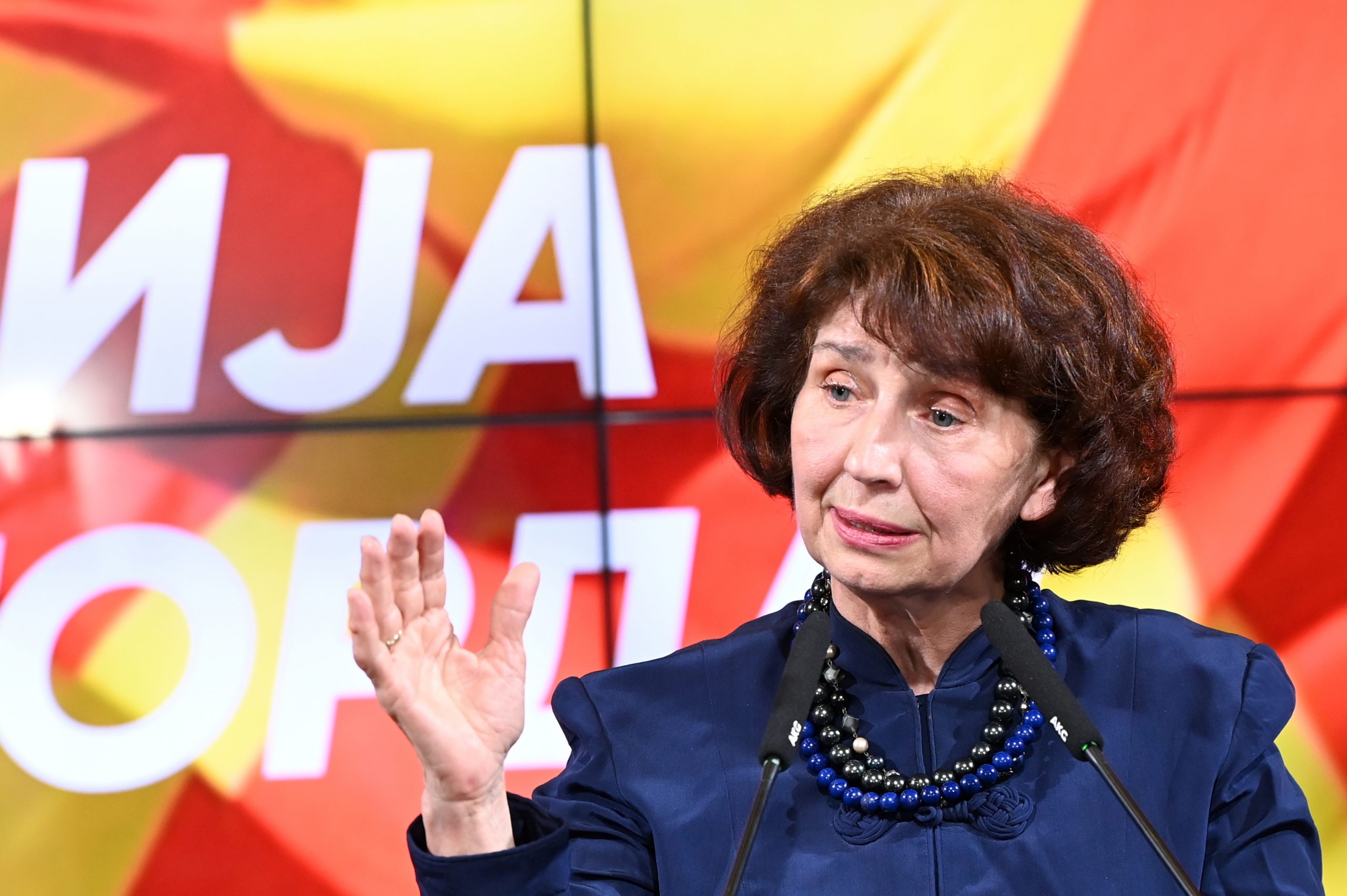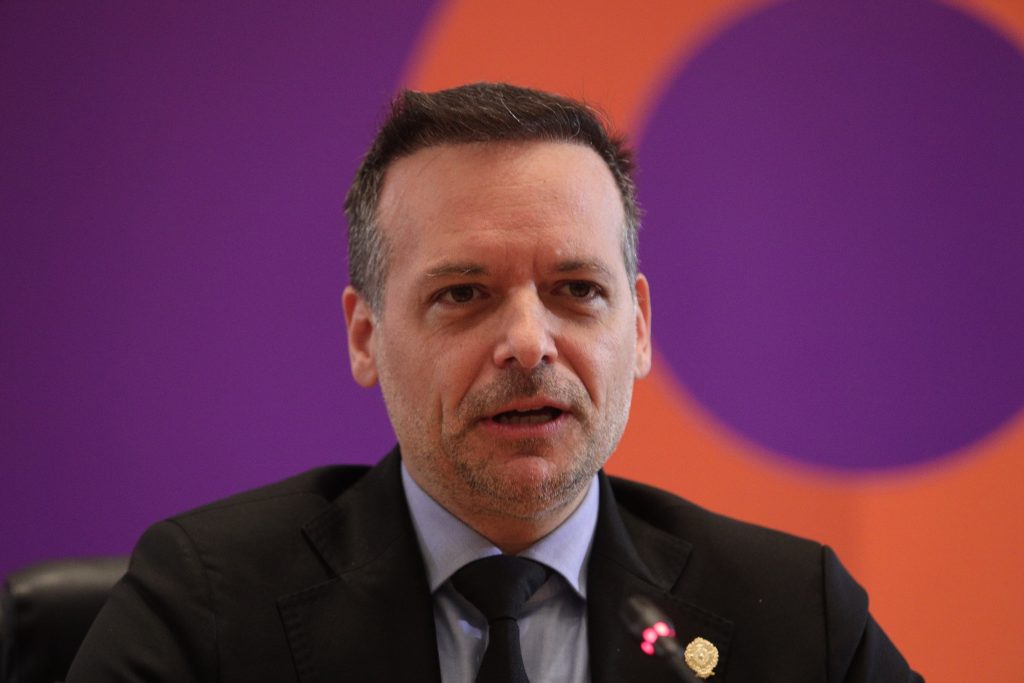The United States is actively working to ensure that the new government of North Macedonia adheres to the Prespa Agreement, a crucial pact designed to settle a longstanding dispute with Greece over the country’s name.
James O’Brien, the Assistant Secretary of State for European and Eurasian Affairs, highlighted these efforts during a recent Senate Foreign Relations Committee hearing. He stressed the importance of U.S. diplomatic initiatives and the role of American lawmakers in reinforcing North Macedonia’s commitment to the agreement.
“Part of our work diplomatically is to prepare a path so that it maintains the agreement it has with Greece and I think your meeting and others have helped keep that there, so Greece becomes a friend of North Macedonia’s path forward, rather than a critic. Same with Albania,” O’Brien stated.
North Macedonia’s path to European Union membership has been fraught with challenges, particularly disputes with neighboring countries such as Greece and recently Bulgaria, which have led to ever-shifting conditions for its accession.
Prime Minister Hristijan Mickoski and President Gordana Siljanovska-Davkova have publicly committed to using the country’s constitutional name in official contexts. However, they have also asserted their intention to use the name “Macedonia” in statements as an act of personal self-determination and identity.
Greek Prime Minister Kyriakos Mitsotakis, speaking at a NATO Summit in Washington earlier this month, reiterated a core aspect of the Prespa Agreement: the use of the name “North Macedonia” erga omnes, or universally, both domestically and internationally. He cautioned that Greece “will not reveal the weapons at its disposal to respond to the tactics of the leadership of the neighboring country.”
In Skopje, U.S. Ambassador Angela Aggeler emphasized that the agreements with Greece and Bulgaria are final and not subject to renegotiation. “Those agreements have been made. No renegotiation of Prespa, no renegotiation of progress towards the EU. That’s very clear,” Ambassador Ageler told Radio Free Europe last month.
During the Senate hearing, New Hampshire Democratic Senator Jeanne Shaheen inquired about additional measures the U.S. could undertake to ensure that European nations honor their commitments to Western Balkan states that have undertaken necessary reforms, particularly concerning North Macedonia.
O’Brien responded, “The main issue is the agreement that North Macedonia has with Bulgaria, and once Bulgaria has a more stable government, it will be necessary to discuss the exact way to implement it. So that’s going to be an area where I expect us to be very active as well.”
Bulgaria has maintained that it does not intend to impose new conditions on North Macedonia’s EU accession but insists on adherence to existing agreements, including the inclusion of Bulgarians in the Constitution of North Macedonia.
Prime Minister Mickoski has stated he will not negotiate under pressure or ultimatums and insists that Bulgaria respect the rights of the Slavic-Macedonian community, which has been the subject of 14 rulings by the International Court of Human Rights.



